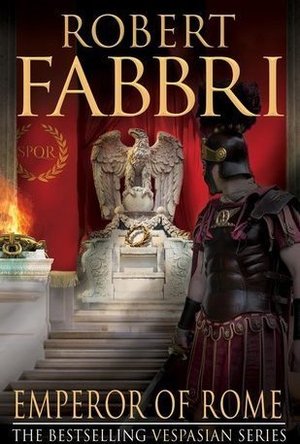
Emperor of Rome
Book
The final, thrilling instalment in the epic Vespasian series from Robert Fabbri. Vespasian is tasked...
When Hitler Stole Pink Rabbit
Book
This semi-autobiographical and unforgettable story, of a Jewish family fleeing from Germany before...
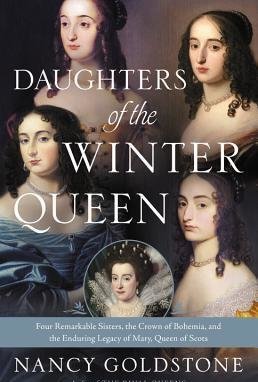
Daughters of the Winter Queen
Book
From the author of The Rival Queens, a lively group biography of Elizabeth Stuart, the Winter Queen,...
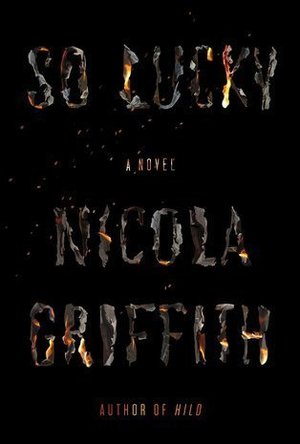
So Lucky
Book
So Lucky is the sharp, surprising new novel by Nicola Griffith—the profoundly personal and...
Overcoming Obstacles Grief Self Discovery
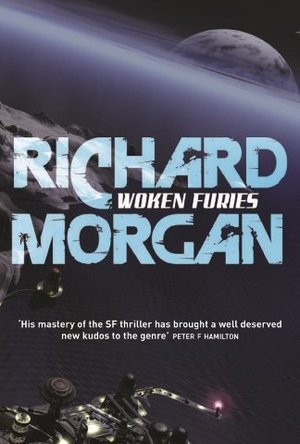
Woken Furies
Book
This is high action, ideas driven noir SF of the highest order. Morgan has already established...

Black Man
Book
One hundred years from now, and against all the odds, Earth has found a new stability; the political...
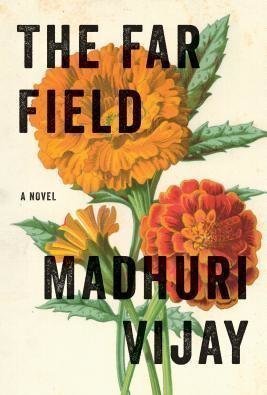
The Far Field
Book
Gorgeously tactile and sweeping in historical and socio-political scope, Pushcart Prize-winner...
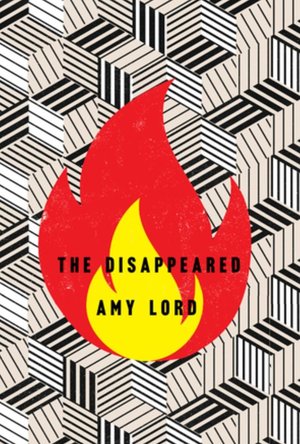
The Disappeared
Book
Winner of a Northern Writers’ Award Longlisted in The Bath Novel Award * What if reading...
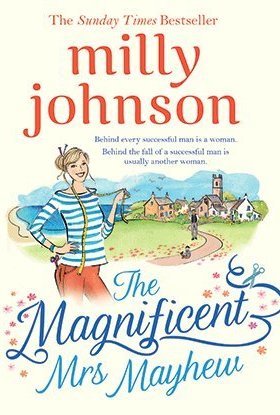
The Magnificent Mrs Mayhew
Book
Sophie Mayhew looks like she has the perfect life. Wife of rising political star John F Mayhew, a...
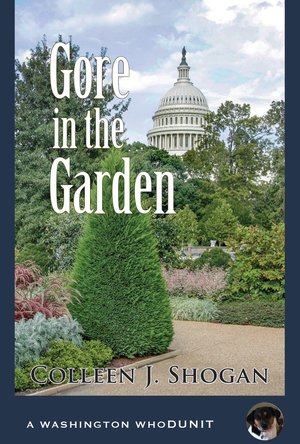
Gore in the Garden (Washington Whodunit #5)
Book
After her boss narrowly escaped political defeat, Kit Marshall is settling into life as a busy...
Mystery
